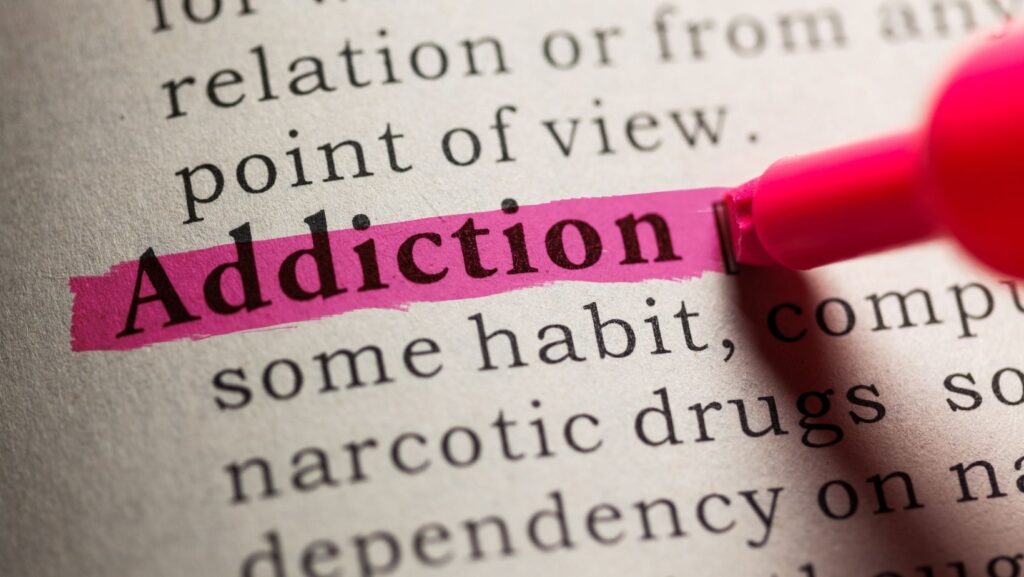It starts as something lighthearted. A cheeky wine glass that says “Mommy’s Sippy Cup.” A meme about bedtime routines that end with Pinot. A sweatshirt joking about kids driving you to drink. These are the tiny ways alcohol threads itself into the identity of modern motherhood, hiding behind humor, social bonding, and exhaustion. But behind the jokes and blurry brunches, a quieter reality is creeping in for a lot of women—many of them managing households, holding down jobs, and appearing to do just fine. Addiction doesn’t always look like rock bottom. Sometimes it’s PTA meetings and perfectly packed lunches. And that’s exactly why it’s getting missed.
The Line Between a Coping Tool and a Dependency
What starts as a harmless glass of wine in the evening can slowly turn into a coping mechanism. From there, it doesn’t take much for that ritual to become a dependency. One drink becomes two, then three. And because moms are expected to juggle so much, this kind of slow drift can look like “just trying to take the edge off.” The shift is quiet, camouflaged by the chaos of parenting and the cultural reinforcement that says moms have earned it. Alcohol becomes the reward at the end of a long day, the answer to sleep troubles, or the background noise of girls’ nights that no longer feel optional.
A lot of women don’t see it happening. They’re functioning, getting everyone where they need to go, maybe even excelling at work. But there’s a difference between relaxing and relying. And in a society that encourages wine as self-care, it’s easy to overlook when that line gets crossed.
How Treatment Programs Are Starting To Actually Understand Moms
Not long ago, rehab felt designed for either celebrities or rock bottom. But over time, more programs have recognized that moms need care that fits around their reality. Not just the addiction part, but the entire framework of guilt, logistics, and social pressure they carry every single day. Women are now entering programs that offer trauma-informed support, parenting help, and family integration without expecting them to leave their identity as a mother at the door.

The Lie of High-Functioning Addiction
High-functioning alcoholism is real, and it’s especially common among moms. It’s the mom who volunteers at school and still gets up at 6 a.m. to pack lunches. It’s the woman who meets every deadline but drinks in secret to calm the noise in her head. It’s the smiling, competent, Instagram-worthy mom who doesn’t look like someone who needs help. And that’s what makes it dangerous. When you can still perform, no one stops you. No one questions it. Sometimes, not even yourself.
But the emotional toll builds. The sleep gets worse. The anxiety ramps up. The irritability turns into yelling, then guilt, then more wine to make the guilt go away. It’s a slow spiral, often wrapped in silence. Because admitting there’s a problem doesn’t just feel embarrassing—it feels like admitting you’re failing as a parent. That belief, no matter how untrue, can keep women stuck in the cycle for years.
It also doesn’t help that medical professionals often miss it. Moms report symptoms like fatigue, mood swings, or digestive issues, and they’re met with vague suggestions to reduce stress. But stress isn’t always the problem. Self-medicating to survive the stress is. And without a closer look, women keep drinking through the symptoms until their bodies start to break down or something forces a reckoning.
How Sobriety Has Quietly Gained a New Look
There was a time when being sober meant being part of a 12-step program and avoiding anyone who drank. That’s no longer the only model. The rise of sober-curious culture has opened up new lanes for women who want to cut back or quit without fully identifying as alcoholics. There are podcasts, online communities, coaching programs, and group challenges all designed for people questioning their relationship with alcohol. And for moms especially, that can make a big difference.
Women are increasingly choosing sobriety not because they hit some dramatic bottom, but because they’re tired of feeling like they need a substance to get through the day. They’re realizing that the promised relaxation of wine comes with a cost—hangovers, depression, fragmented sleep, a shorter fuse. For many, the clarity that comes with quitting is addictive in its own right. Better mornings. Less shame. More patience. And yes, it’s hard at first. But so is trying to juggle everything while slowly unraveling inside.
The good news is that treatment options are more flexible than they used to be. You don’t always have to disappear for thirty days. There are outpatient programs, alcohol and other drugs services, therapy intensives, and even virtual recovery communities that allow women to rebuild their lives without putting everything on pause. Some options begin with drug detox in a facility and then transition into more customized support plans. Others skip detox entirely if the physical dependence is mild, focusing more on the mental and emotional reset. Either way, the point is this: recovery can happen without turning your life upside down. And more often than not, it helps you finally start living it.
The Myth of “Just One Drink”
Addiction doesn’t always begin with trauma. Sometimes it begins with a single drink that quiets the noise in your mind. And the next time, that drink is waiting for you like a shortcut. Eventually, it becomes the thing you reach for without thinking. Moms are told they need to be strong, patient, loving, consistent, grateful, and fun. But they’re also allowed to be overwhelmed. They’re allowed to seek help. And most importantly, they’re allowed to heal without shame.
The idea that a little alcohol is harmless isn’t always wrong. But the idea that it’s always harmless for every person? That’s where we need to pause. Women who feel like something’s off deserve the space to ask themselves why they’re drinking, what it’s doing for them, and what life might feel like without it.
A Final Thought
The punchline in mommy wine culture stopped being funny when it started hurting people. And if the glass in your hand is starting to feel more like a crutch than a comfort, it might be time to take a closer look. Not because you’re weak, not because you’re broken, but because you’re worth the clarity on the other side.



